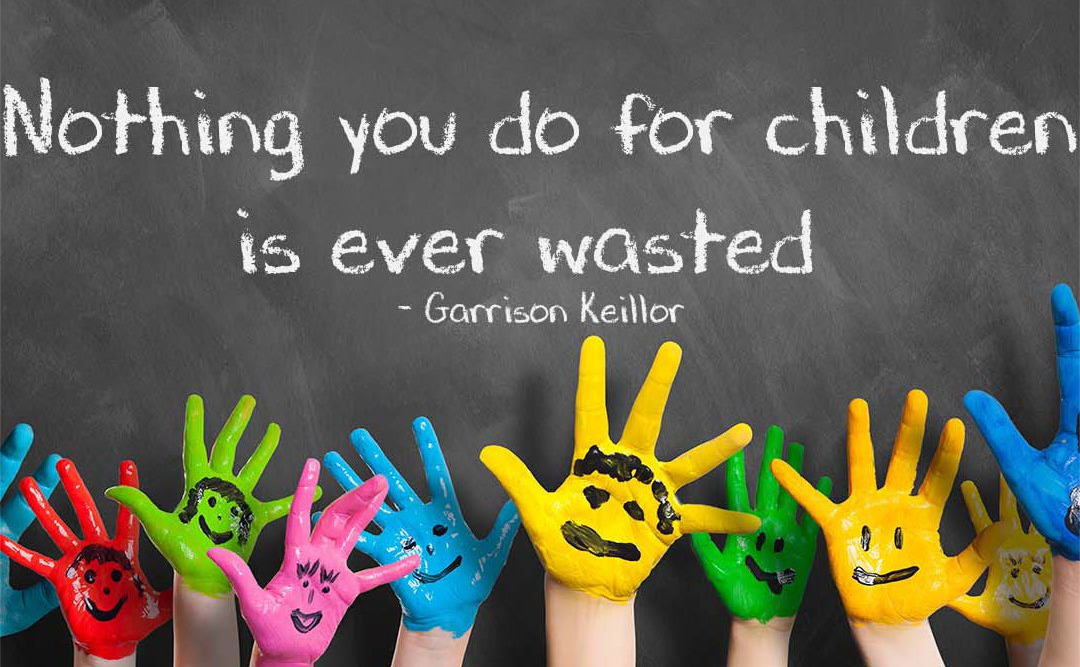by Jerry Moe
On a cold, dreary February evening in 1978, one child showed up for the program’s first session. Since then, over eight thousand children and parents have participated in groups, weekend retreats, and summer camps, all designed to help children initiate and deepen their recovery. The Children’s Place, one of many outstanding programs that bring support and facilitate recovery for children of addicted parents, has never lost sight of its primary objective to create a safe place for youngsters to learn, grow, play, and heal.
In the United States alone, there are over eleven million kids living in alcoholic homes. Most silently and eloquently obey the cardinal rule of the addicted family, “don’t talk.” They are trapped in silence by a family that usually denies the existence of the illness which grips it. These children often have no place to turn, as alcoholism wreaks its own terror, chaos, and pain. Further, they are at high risk eventually to abuse alcohol and other drugs themselves, and thereby perpetuate the disease through their own children.
To break the cycle, children of alcoholics need to learn about addiction in an age-appropriate way, so they can realize that it’s not their fault and they are not to blame. They need safe ways to explore and express their anger, fear, hurt, guilt, and shame. They need to know that there are other adults and kids who care about them, safe people who can help. Kids need to learn how to cope positively with the problems at home, such as parental fighting, verbal violence, broken promises, blackouts, and neglect. These children need to learn how to take good care of themselves and stay safe. To escape the world of isolation that has enveloped them, they must grieve, be angry, cry, and be comforted.
The good news is that children of alcoholics can and do recover. Treatment programs and community based organizations can use specially designed games and activities to help children play their way to health and understanding. During this process they build upon their strengths, deepen their resilience, and further realize their intrinsic beauty and worth.
It’s been my professional experience over the past 20 years that more than 75% of the parents whose children have participated in these programs are also children of alcoholics as well as addicts themselves. Often the biggest difference between the children and parents is that the latter never had a similar program to help them in their youth. The greatest gift parents can give their children is the gift of their own recovery. The second greatest gift is providing the chance for their children to begin their own healing. Children often cannot participate in children’s groups without parental consent. I applaud these parents for giving their children something most of them never got as kids, a safe place to learn, grow, and heal.
What a joy to watch children breaking the family legacy of addiction! They heal as they become reconnected to their hearts. Their drawings and letters depict them in various stages of coming to grips with family addiction. Their courage and strengths shine throughout. There’s so much hope! Please join NACoA in its efforts to bring needed recovery services to children of parents with addiction.

